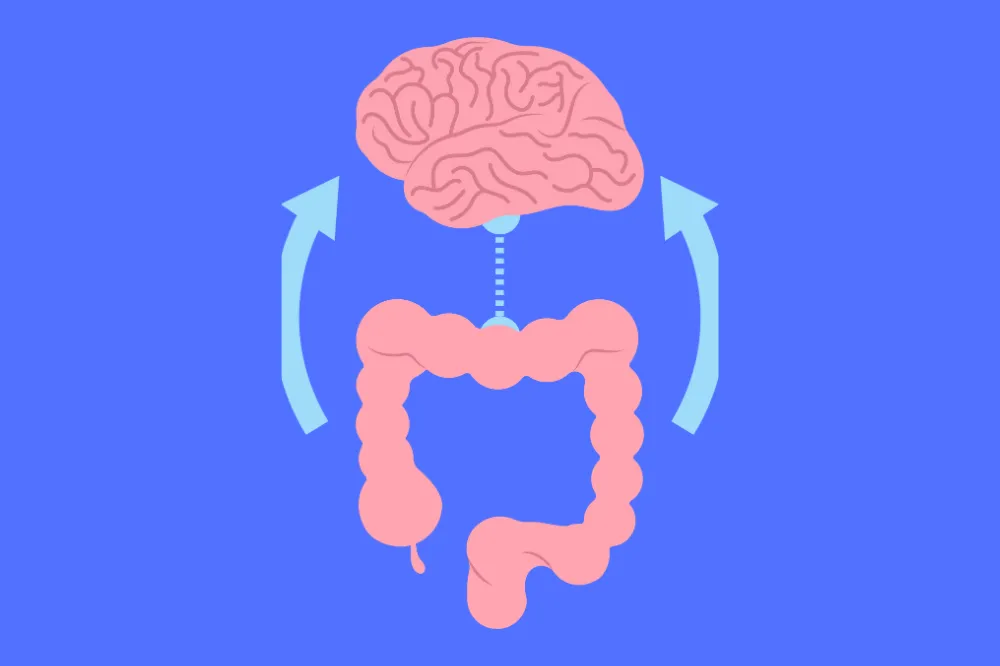Harmony in
Neurodiversity
THE BLOG
Welcome to Harmony in Neurodiversity, a blog dedicated to exploring the profound impact of music and positive parenting strategies on the lives of neurodivergent individuals. Join Samantha, a board-certified Neurologic Music Therapy fellow and a passionate Positive Discipline Parent Educator, as she shares her expertise in leveraging the power of music and effective parenting approaches to support and empower neurodiverse communities.
In her blog posts, Samantha delves into the intricate connections between music and the brain. She explores how specific musical elements and interventions can enhance cognitive functions, regulate emotions, improve communication, and promote social interaction among neurodivergent individuals. Through insightful articles and case studies, she demonstrates how rhythm, melody, and lyrics can serve as powerful tools for therapeutic interventions, fostering growth and self-expression.
Positive Discipline Parenting Strategies:
Drawing from her expertise as a Positive Discipline Parent Educator, Samantha sheds light on nurturing positive relationships between parents and neurodivergent children. Her blog offers practical advice, evidence-based strategies, and real-life anecdotes that empower parents and caregivers to cultivate respectful, encouraging, and effective parenting techniques. From setting clear boundaries to fostering a supportive environment, Samantha guides readers in navigating the challenges and joys of parenting neurodiverse children.
Exploring Intersectionality:
Samantha doesn't limit her discussions to singular approaches. Instead, she delves into the intersectionality of Neurologic Music Therapy and Positive Discipline Parenting, illustrating how these methodologies complement each other. Through her insightful content, she showcases how the harmonious integration of music-based interventions and positive parenting strategies can create holistic support systems for neurodivergent individuals, promoting their well-being and personal growth.
Community Engagement and Resources:
Additionally, Samantha fosters a vibrant online community where readers can engage, share experiences, and seek advice. She curates a wealth of resources, including recommended readings, workshops, and practical tools, empowering her audience to implement valuable insights into their lives effectively.

The Gut-Brain Connection: What Every Parent Raising a Neurodivergent Child Should Know
If you’re parenting a child with ADHD or autism, you’ve probably been told to try therapy, behavioral strategies, or medication, but what if something is happening inside the body that’s affecting your child’s ability to regulate emotions, focus, sleep, and behave?
On episode 120 of the Every Brain is Different podcast, Laurena and I interviewed Dana Kay, ADHD expert, board-certified health practitioner, and founder of the ADHD Thrive Institute, to talk about the powerful link between the gut and the brain, and how understanding this connection can help you better support your neurodivergent child.
Here are some key takeaways from their conversation.
1. Your Child’s Gut Health Impacts Their Brain
The gut isn't just about digestion; it's central to the immune system and deeply connected to brain function. According to Dana, about 80% of the body’s immune system lives in the gut wall, and 95% of the body’s serotonin and 50% of its dopamine (two key neurotransmitters that affect mood and behavior) are produced there.
If the gut is inflamed or out of balance, your child’s mood, focus, and emotional regulation can take a hit. Many kids with ADHD or autism also struggle with constipation, diarrhea, or frequent antibiotic use. These are signs that something might be off in the gut.
2. Inflammation Is a Hidden Driver of Symptoms
Dana described inflammation as one of the biggest hidden stressors in kids with ADHD. It’s not just emotional stress; it’s biological stress too. This kind of chronic inflammation can come from food sensitivities, environmental toxins, gut imbalances, or even untreated deficiencies. All of this can create a “trash can effect,” where your child’s system is overloaded and can’t clear everything out efficiently, making everything feel harder.
3. The Gut-Brain Highway: Meet the Vagus Nerve
The vagus nerve connects the brain to the gut, acting like a two-way street. You know that nervous stomach feeling before a test? That’s your brain talking to your gut. It works the other way, too. When the gut is inflamed, it can send stress signals up to the brain, increasing anxiety, meltdowns, brain fog, and more.
If your child’s vagus nerve is overstimulated, they may be stuck in fight-or-flight mode, and so might you. Dana reminded listeners that many parents of neurodivergent kids live in a near-constant state of stress, which only adds fuel to the fire.
4. Every Child Is Different—There’s No One-Size-Fits-All Approach
What works for one child might not work for another. Dana emphasized the importance of understanding each child’s unique biology. Through tools like functional lab testing, she helps families identify what’s contributing to inflammation or imbalance, whether it’s gluten, toxins, or nutritional deficiencies.
This isn’t about fixing your child. It’s about supporting their biology so they can thrive in a world not designed for their brains.
5. You Don’t Have to Change Everything Overnight
Thinking about gut health, inflammation, and environmental triggers can be overwhelming, but Dana encourages families to start small. For example, start with breakfast. What your child eats in the morning can have a big impact on their regulation throughout the day. Once that feels doable, move on to the next thing.
6. Tools Like Music and Vagal Calming Can Help Too
I shared how music therapy and specially designed listening programs can support the vagus nerve and promote regulation. It’s not just about diet and supplements. Reducing stress and calming the nervous system plays a huge role in supporting both you and your child.
Takeaway for Parents
If your child seems constantly dysregulated, anxious, or explosive, it might not be just behavior. It might be biology. Exploring the gut-brain connection can give you a deeper understanding of what’s going on and empower you with new tools to support your child’s growth, resilience, and regulation.
And remember: you don’t have to do it all at once. One small change at a time is enough.
Looking for parenting support tailored to neurodivergent families? Join me in the Neurodivergent Parenting Community. You don’t have to navigate this alone.


